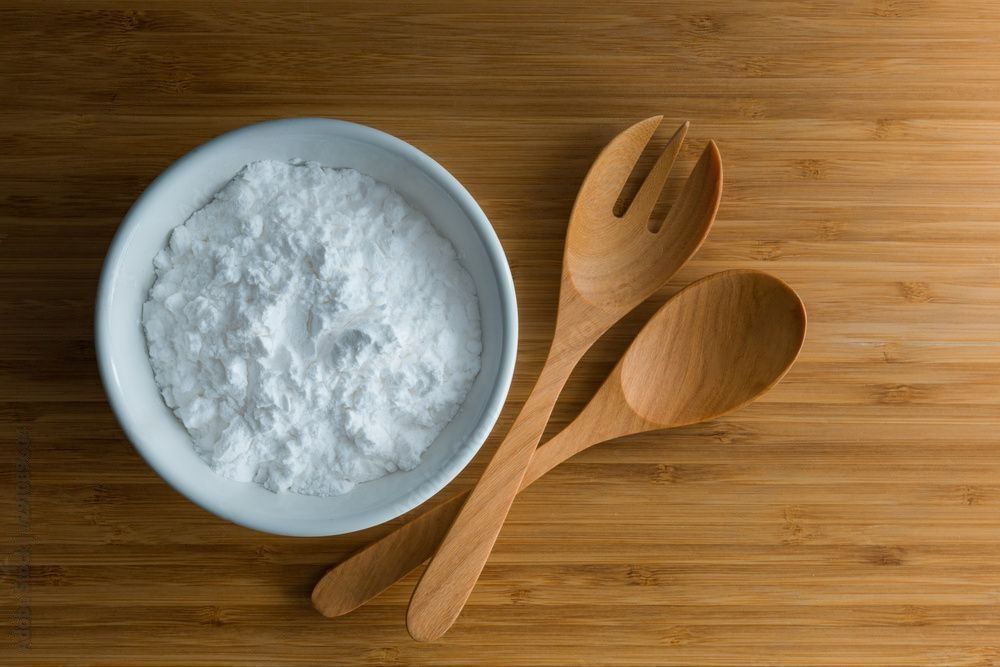author
Erik Petrov1
date
19 October 2022
AI Is Killing the Digital Art Industry
Recently, Jason M Allen won the "Emerging Digital Artists" category at a Colorado State Art Fair competition. He submitted the winning entry titled "Théâtre D'opéra Spatial," but his digital artwork was made by an artificial intelligence (AI) image generator called Midjourney.
The AI system can produce incredible digital artwork by following simple text input from users. For example, Allen can give it a text prompt like "a cat chasing a dog," and it would generate the artwork.
Many artistic revolutions have come and gone, and they are nothing new. The art world has seen periodic and sudden changes in various forms of art throughout history. However, this latest revolution of AI image generators concerns digital artists as it may prove fatal for the digital art industry.

Art Is Dead
Jason M Allen may have only won $300 of prize money from his entry to the Colorado State Art Fair. However, reports of his entry's origins have hit a nerve with digital artists and the industry. For years, many digital artists have feared that the latest developments in AI systems could take over their market and industry.
AI image generators could potentially end their jobs and diminish their years of effort spent learning and perfecting the craft. So it makes sense that many artists at the fair were infuriated to learn about Allen's AI artwork.
Allen spoke to a new publication and said, "It's over." He seemed indifferent to the sentiment of digital artists when he said that humans lost and AI won. Most notably, his comment saying "Art is dead, dude." have gone viral in the digital art industry.
In the wake of Allen's victory, many digital artists have turned to Twitter to voice their concerns.
RJ Palmer, a well-known game concept and movie artist from California, expressed in a tweet, "this thing wants our jobs. It's actively anti-artist."
He further elaborated on how these AI image generators can effectively imitate the work of active, living artists. Posting about particular cases, he compared pieces of digital artwork from living artists with those from AI systems reproducing their style.
He highlighted how the AI system tried replicating the original artist's signature. A key aspect of this AI image generator is that it was explicitly trained on the artwork of active digital artists.
Man Vs. Machine
There is no doubt that the artwork produced by these AI systems is remarkable. However, they learn from the artwork produced by living creators. Typically, such AI image generators apply techniques from machine learning to train millions of pieces of man-made artwork.
For example, Stable Diffusion is the latest AI image generator that can produce incredible art by learning from a database that stores 100 terabytes of compressed images sourced online.
The developer of Stable Diffusion says the system is a generative search engine because, unlike typical search engines that provide existing pictures, this AI search engine can generate images of anything imaginable.
Pablo Picasso is widely quoted as saying, "good artists borrow, great artists steal." However, digital artists like Palmer feel that being inspired by the artwork of others is very different from the direct theft of an artist's essence.
Another aspect of concern for digital artists is that AI can reproduce the artistic style of living artists in a matter of seconds. When human creators want to replicate another artist's style, they may spend days or weeks attempting to capture the artist's characteristic style.
So while a digital artist may spend an entire week creating a single piece of artwork that replicates another artist's style, AI image generators can produce dozens of similar-styled pieces within the same time span.
AI Is a Tool?
Developers of these AI systems are not too concerned, though. They say these intelligent systems are merely tools like the ones we use on our computers today. Others argue that the advent of spreadsheets didn't take jobs away from accountants.
Developers see these AI image generators as tools for artists. The digital art industry requires tedious illustrations to produce and digital artists are a means to obtain such artwork. Some developers suggest that artists should look for opportunities in AI systems.
It is a growing industry, and digital artists can find success in making money with relative ease if they use these AI tools to their advantage.
Many artists are already using AI-generated artwork to make money these days. The DALL-E AI system (named after famed Spanish artist Salvador DalÍ) from OpenAI is currently being used to inspire and profit over 3,000 artists around the world.
Is There Hope for Artists?
While such opportunities provide some hope for digital artists, according to experts, legal action against these AI systems may not produce favorable results for digital artists. Using another artist's style does not infringe copyright laws in most cases.
One effective solution, as proposed by many in the tech and art world, is to implement the option for artists to opt-out. Leaders in the AI industry can develop methods that allow digital artists to upload their portfolios and request to opt-out of AI databases.
This would prevent AI image generators and systems from directly using living artists' styles to learn and generate artwork for online services.
Continue Reading

Recycled lithium ion batteries could be the future
Latest research has found a way to efficiently recycle lithium ion batteries while improving its capacity as well as efficiency. Read on to learn more.

Industries That Suffered Significantly Due To The Pandemic
Although some global markets flourished, including pharmaceuticals, healthcare, and online shopping, they were a handful, considering most of the international markets nearly collapsed. Sales and profitability took a nosedive as these sectors faced extensive restraints due to broken supply chains, restricted logistic conditions, lack of trade, and reduced consumer spending.

Prepare Your Home for the Fall Season
Preparing your home for the fall season does not have to be stressful, which is why we have created a list of practical and useful tips to help you get started.

Sol-Gel Acquires FDA Approval For Its Encapsulated Skin Disease Drug
Sol-Gel Technologies is one of the most well-reputable names for developing innovative and safe medications for skin diseases. The dermatology organization specializes in recognizing, creating, and commercialising generic and branded topical drugs and drug products to treat a plethora of skin diseases.
Recent Press Releases

Douglas Insights Adds Specialty Carbon Black Market Research Reports to Its Comparison ...
As part of its latest expansion, Douglas Insights has evaluated various parts of the global specialty carbon black market and recognized the changes in marke...

Douglas Insights Supplies Clean Label Starch Market Report for Comparative Research
Douglas Insights supplies Clean Label Starch Market research reports to their clients for data analysis and evaluation using the world's first comparison eng...

Douglas Insights Adds Optical Wireless Communication Market Research Reports to Its Com...
Douglas Insights has included Optical Wireless Communication Market in its comparison engine to enable industry experts and businesses to analyze past and cu...

Douglas Insights Includes Cement Market Research Reports to Its Comparison Engine
Douglas Insights is expanding its comparison engine and recently added the cement market to its list of markets. The engine's database will now include infor...